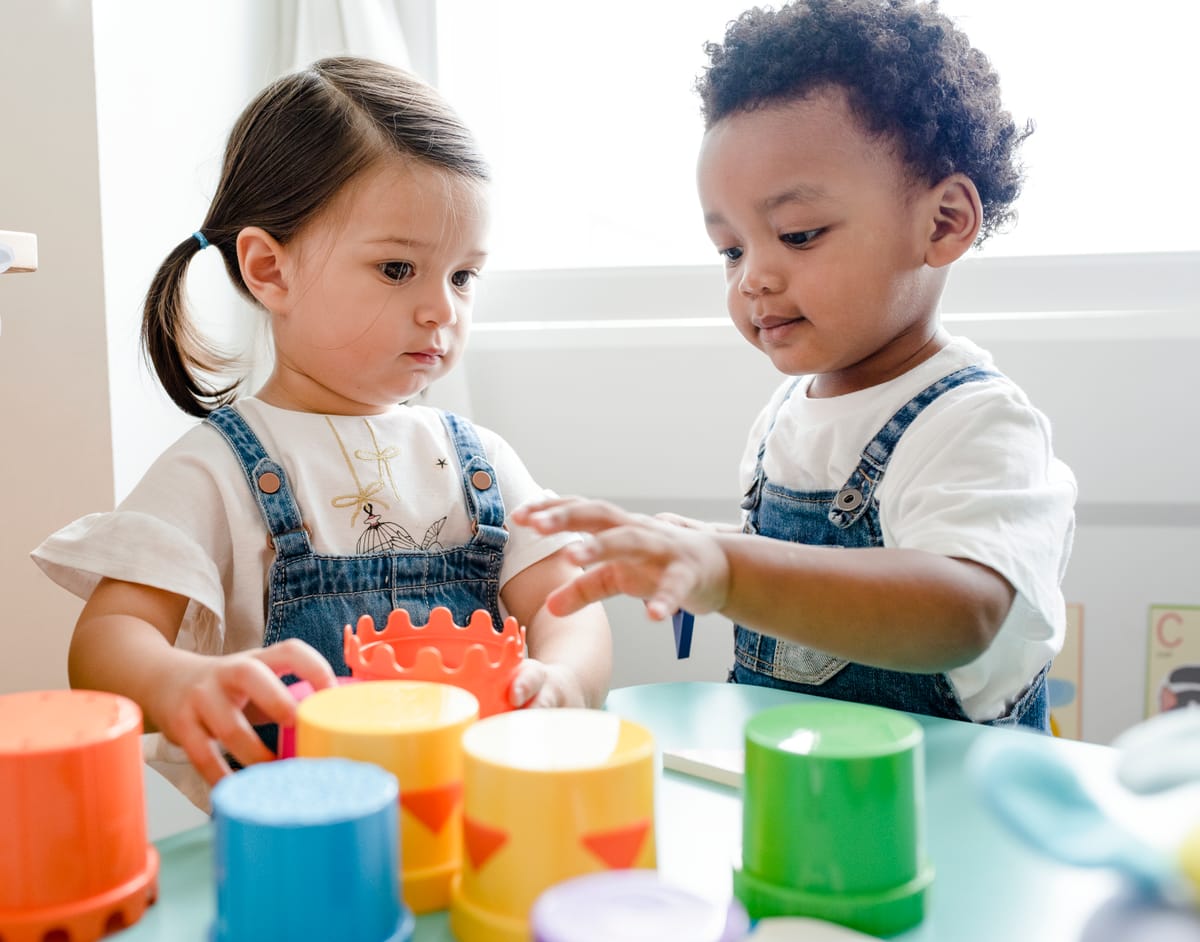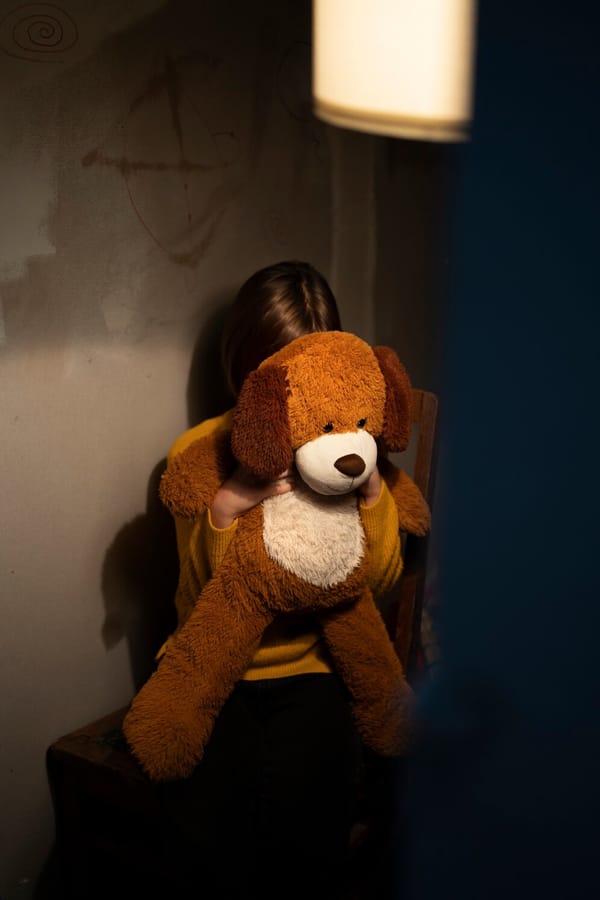How Daycare Helps Children Learn to Share and Cooperate

As parents, we want the best for our children, especially when it comes to their social development. One of the key skills that children need to learn is how to share and cooperate with others. These abilities play a significant role in building healthy relationships and ensuring success in both academic and social settings. For many young children, daycare becomes an essential environment in which these critical skills are cultivated. But how exactly does daycare help children learn to share and cooperate? Let’s explore the various ways daycare supports children in developing these skills.
1. Structured Group Playtime
One of the most effective ways children learn to share and cooperate is through structured group play activities, which are a cornerstone of most daycare environments. Playtime is more than just fun; it's an opportunity for children to interact with their peers in a controlled setting that encourages cooperation.
Daycare providers often organize activities such as building blocks, art projects, and games that require children to work together. For example, a group of children might be asked to build a structure using blocks, which involves sharing materials and taking turns. Through these activities, children learn how to negotiate, collaborate, and manage their feelings when things don’t go their way.
2. Modeling Positive Behavior
Children are keen observers of the adults around them. At daycare, caregivers and teachers serve as important role models who demonstrate positive social behavior. By seeing adults share resources, take turns, and collaborate with one another, children start to understand these behaviors and incorporate them into their own interactions.
Daycare providers are trained to manage conflicts and model how to handle disagreements constructively. For instance, when children argue over a toy, caregivers intervene calmly and teach them how to express their feelings, compromise, and resolve conflicts peacefully. This teaches children the importance of patience, empathy, and the value of taking turns.
3. Encouraging Empathy and Understanding
Empathy—the ability to understand and share the feelings of another—is a vital aspect of both sharing and cooperation. Daycare environments provide ample opportunities for children to practice empathy, as they are exposed to a diverse group of peers with different needs, preferences, and personalities.
Caregivers help children recognize how others might feel during interactions. For example, if one child is upset because another child took their toy, the caregiver might help the first child understand why sharing the toy would make their peer feel happy. By fostering empathy, daycare teaches children to consider others' feelings and how their actions can impact others.
4. Learning Boundaries and Respect
Sharing isn’t just about giving something up—it’s also about respecting boundaries and understanding that others’ needs are just as important as your own. Daycare provides an environment where children learn how to respect the personal space and belongings of others. Whether it’s waiting for their turn on the slide or respecting someone else’s personal space during quiet time, children quickly learn that cooperation goes hand-in-hand with showing respect.
In daycare settings, caregivers set clear rules and expectations for behavior, which helps children understand the concept of fairness and the importance of respecting others. When children learn these boundaries, they are more likely to cooperate and share, knowing there is a structure that supports everyone’s needs.
5. Encouraging Positive Reinforcement
Daycare providers often use positive reinforcement to encourage good behavior. When children share toys, help one another, or cooperate in group activities, caregivers praise their efforts, reinforcing the idea that these behaviors are valued and appreciated. Positive reinforcement encourages children to repeat these behaviors, making them more likely to cooperate and share in the future.
Daycare settings also provide children with regular feedback, helping them understand what is expected of them and what they did well. This feedback boosts self-confidence and makes children feel good about making positive social choices, such as sharing their toys or working together with others.
6. Diverse Social Interactions
In daycare, children have the chance to interact with a variety of peers—different ages, personalities, and backgrounds. This diversity exposes them to different communication styles and preferences, which further enhances their ability to cooperate and share with others. As children learn to navigate these interactions, they develop flexibility, adaptability, and problem-solving skills.
For example, a child who has to negotiate a game with an older peer might learn how to communicate their ideas more clearly or find compromises when necessary. These experiences, although small, contribute to their overall social growth and understanding of how cooperation and sharing work in the real world.
7. Preparing for Future Social Success
The social skills children develop in daycare carry over into other areas of their lives, including school and eventually the workplace. Learning to share and cooperate early on sets the stage for positive interactions with peers and adults in the future. Children who have mastered these skills are often more confident in group settings and better equipped to handle challenges that involve working together.
As children grow and enter elementary school, they will encounter even more opportunities to collaborate, whether it's in group projects, sports teams, or extracurricular activities. The foundation for these experiences is built in daycare, where children first learn how to share and cooperate with others.
Conclusion
Daycare is far more than just a safe place for children to stay while their parents work. It is a rich environment where children can learn critical life skills like sharing and cooperation. Through structured play, role modeling, empathy-building, and positive reinforcement, daycare helps children develop the social tools they need to navigate the world around them. These early experiences not only enrich their current relationships but also set the stage for future success in social, academic, and professional environments.




